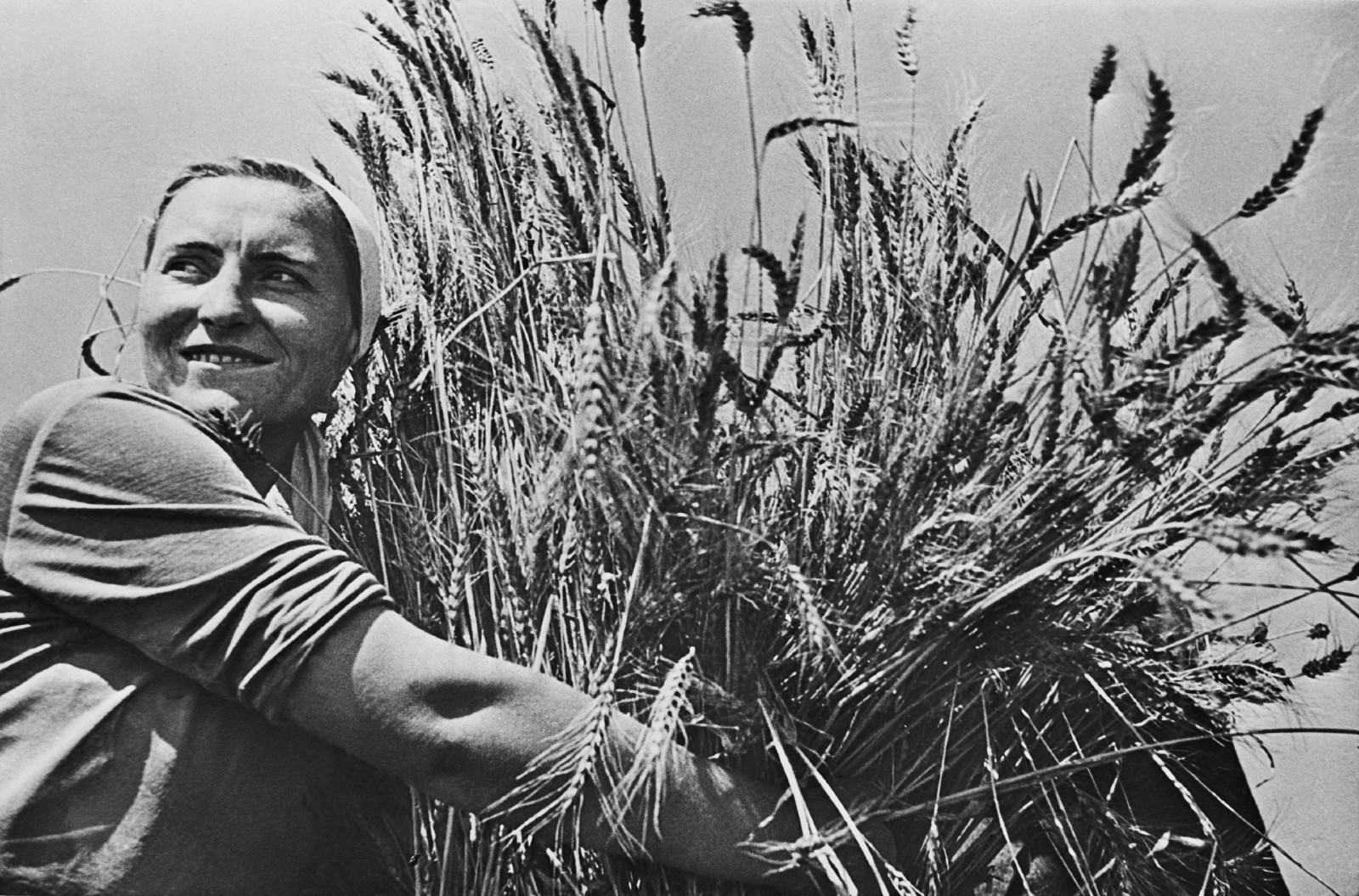Our wheat reserves are dipping — but FinMin has lined up the funds to buy big in the local harvest

Our strategic wheat reserves have taken a dip: Egypt currently has enough wheat to cover the next 2.6 months’ worth of consumption, cabinet spokesman Nader Saad said in a statement, down from the four-month figure announced by the government in early March.
Depleted reserves shouldn’t come as a surprise. Russia’s war in Ukraine has caused turmoil in global wheat markets, leading the government to halt all international wheat tenders until at least mid-May. We received all our backlogged orders of Russian wheat in March, but blockaded ports mean there’s little to no grain coming out of Ukraine. The two countries together supply more than 80% of our imported wheat in peacetime.
Don’t panic: The local harvest kicks off on Friday — and the government has roughly doubled its purchase budget from last year. With global markets in disarray, the Madbouly government has shifted its wheat procurement focus to local sources. The government will spend around EGP 36 bn to purchase 6 mn tons of local wheat this year, the Finance Ministry confirmed yesterday. That tallies with our math: Farmers will receive EGP 865-885 per ardeb of wheat they sell to the state, and at 150 kg each, there are 6.66 ardebs in a metric ton. This would be a bit more than double what the government spent on local wheat last season, when it bought 3.5 mn tons — or 23.3 mn ardebs — at a top price of EGP 725 per ardeb.
FinMin has made EGP 1.1 bn available for downpayments to wheat farmers this season, according to a cabinet statement. The General Authority for Supply Commodities (GASC) and the Agricultural Bank of Egypt now have access to the funds to start making purchases.
Recently announced incentives could help the government meet supply goals: The carrots (and sticks) include price hikes for local wheat, minimum selling quotas, and bans on selling to third parties without a license. Those who sell 90% or more of their wheat to the government will also receive subsidized fertilizers for summer planting.
Reserves of other at-risk commodities are in better shape: We have enough sugar to last 5.6 months, nearly six months’ worth of oil and rice, and 7.8 months of poultry reserves, according to the cabinet statement. We also have enough meat — which is not as exposed to war in Europe — in reserve to last well over a year.
The government is working to secure at least 3-6 months of reserves in all basic commodities, Prime Minister Mostafa Madbouly previously said.